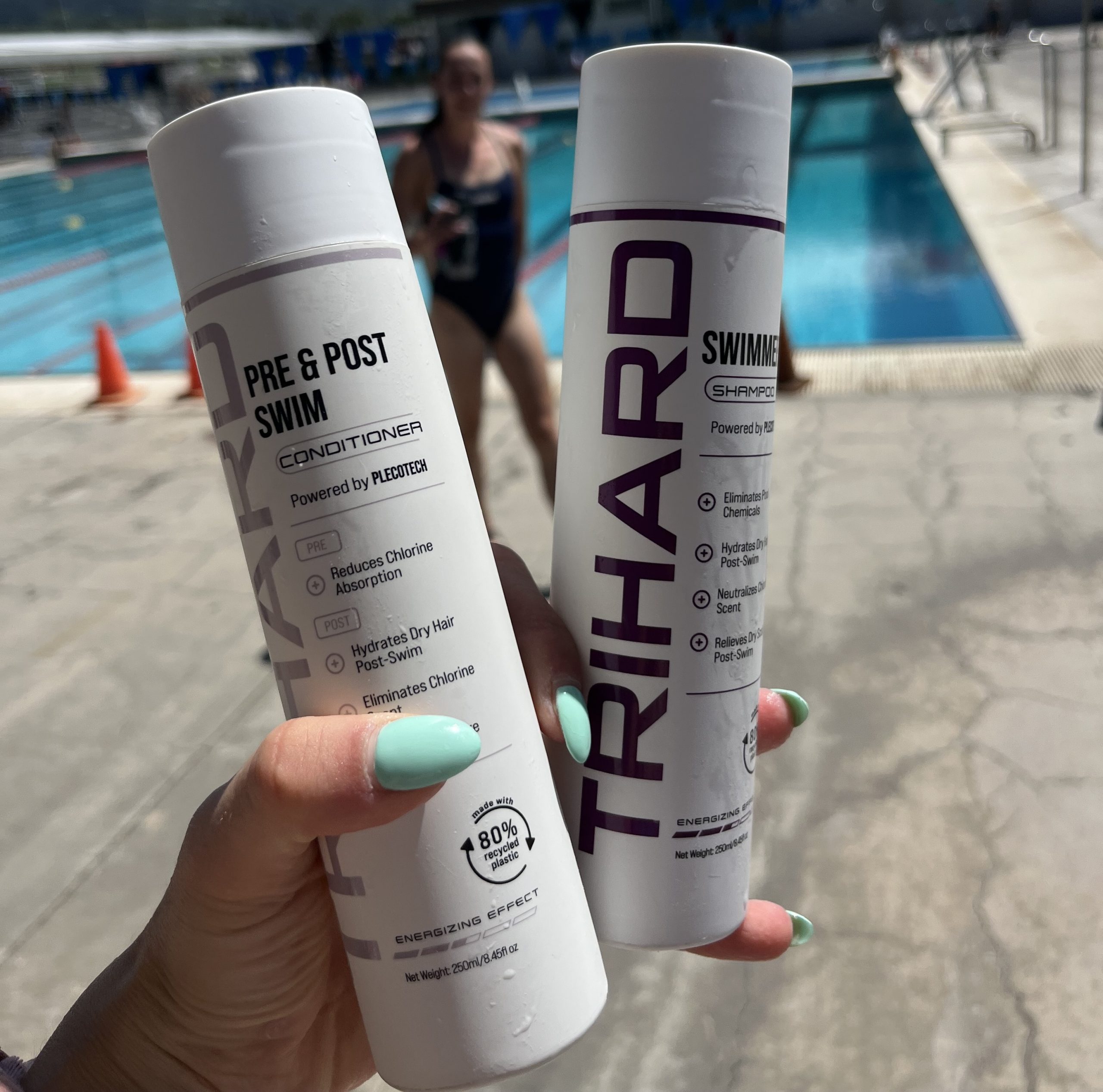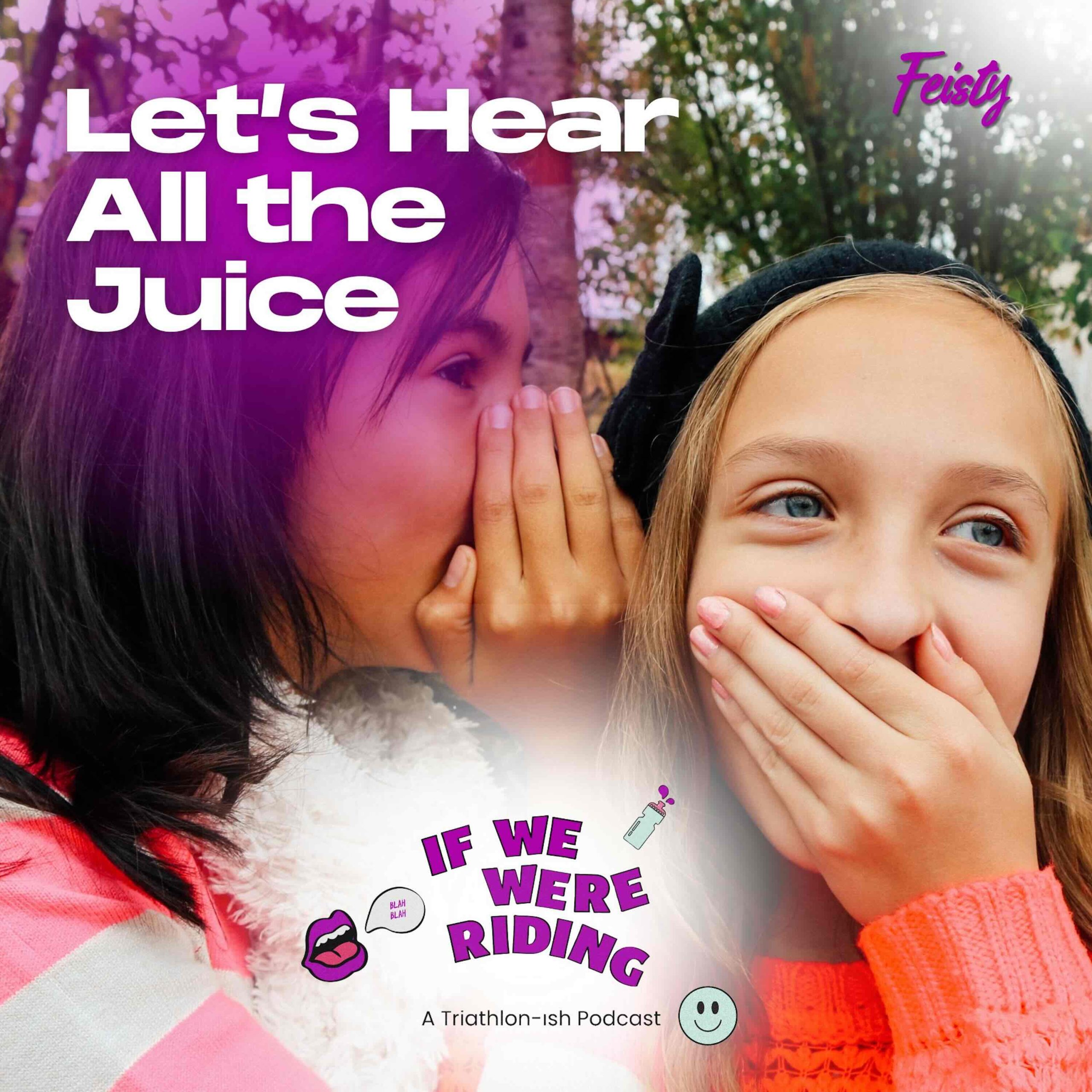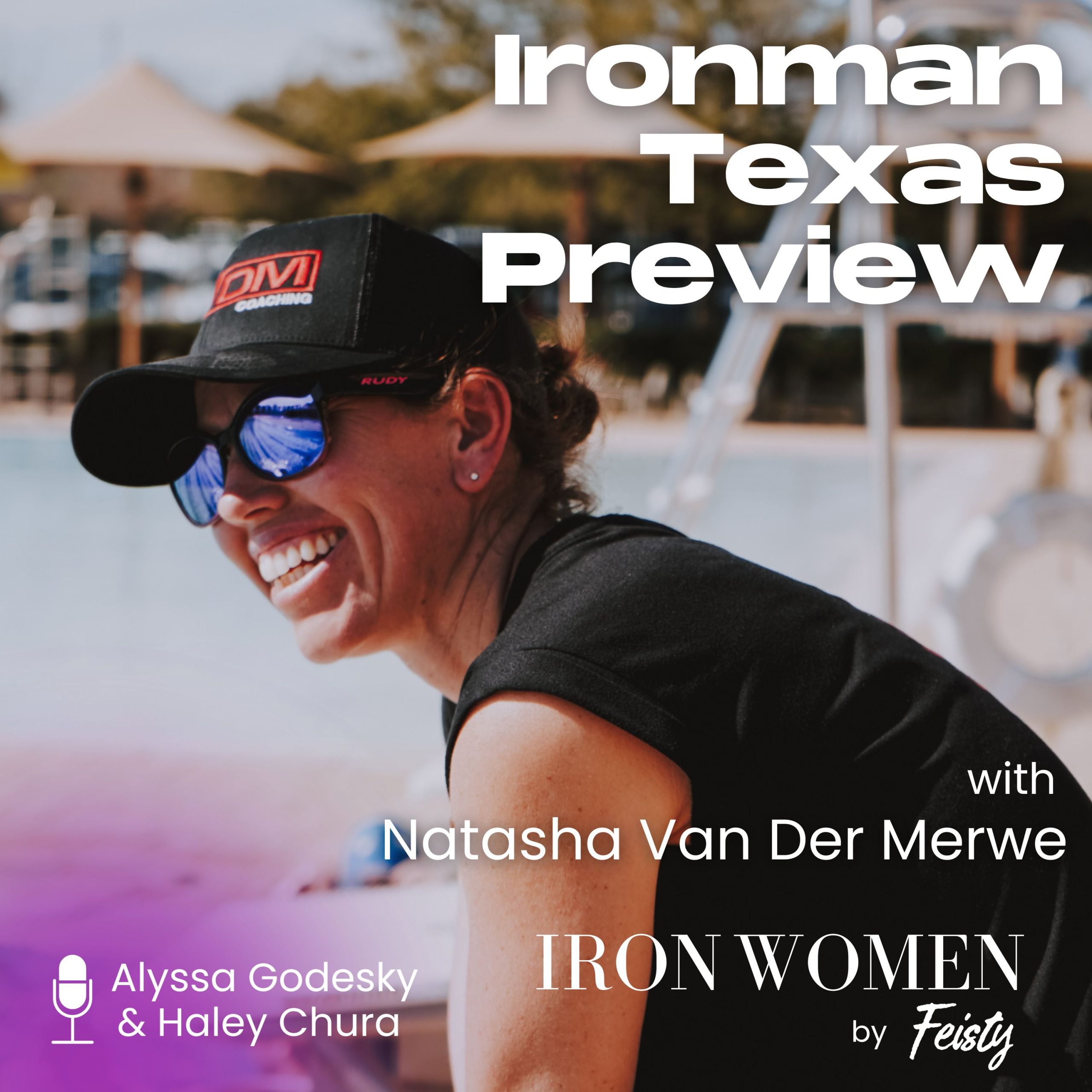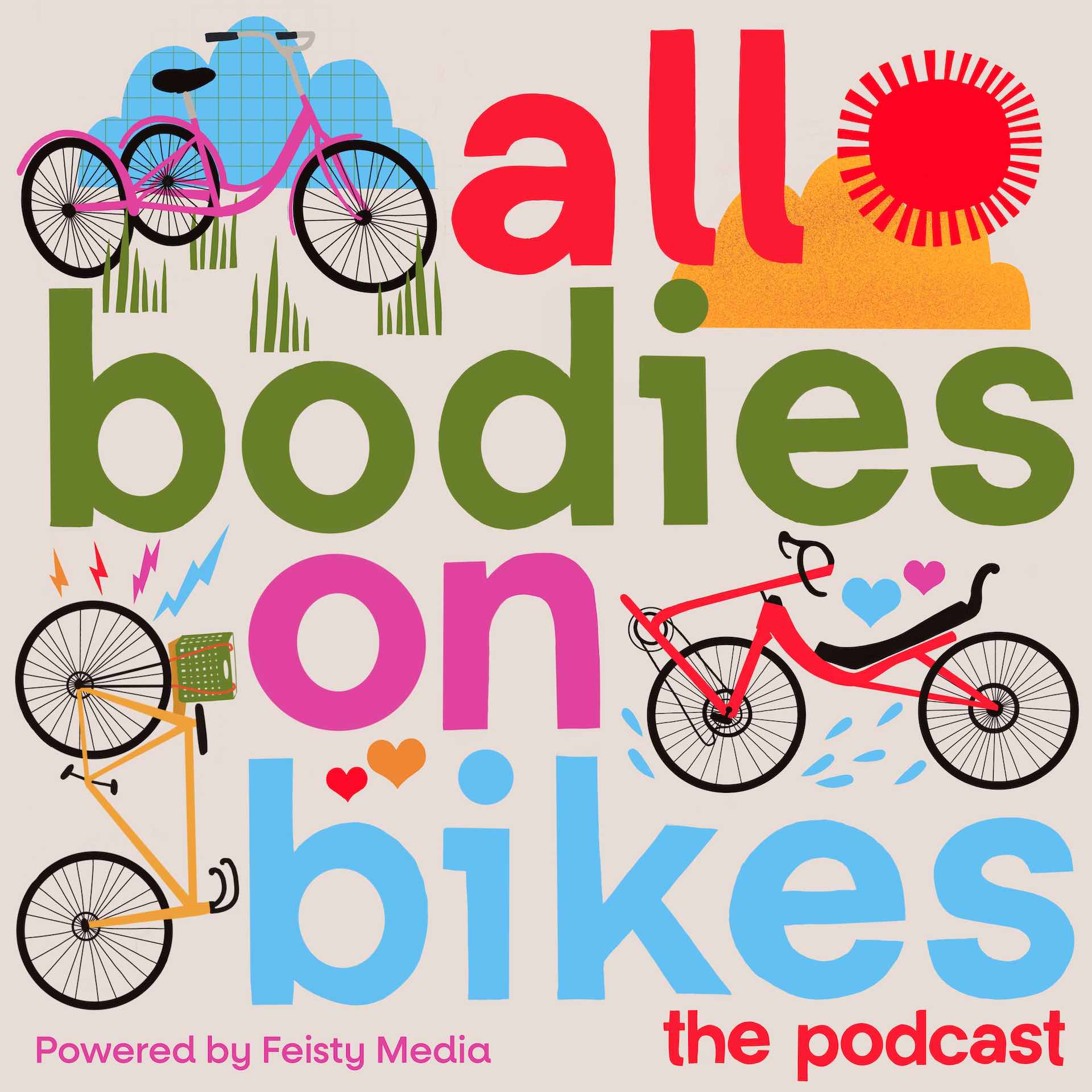February 13, 2019
Newsletter ep. 74: goodbye Wildflower
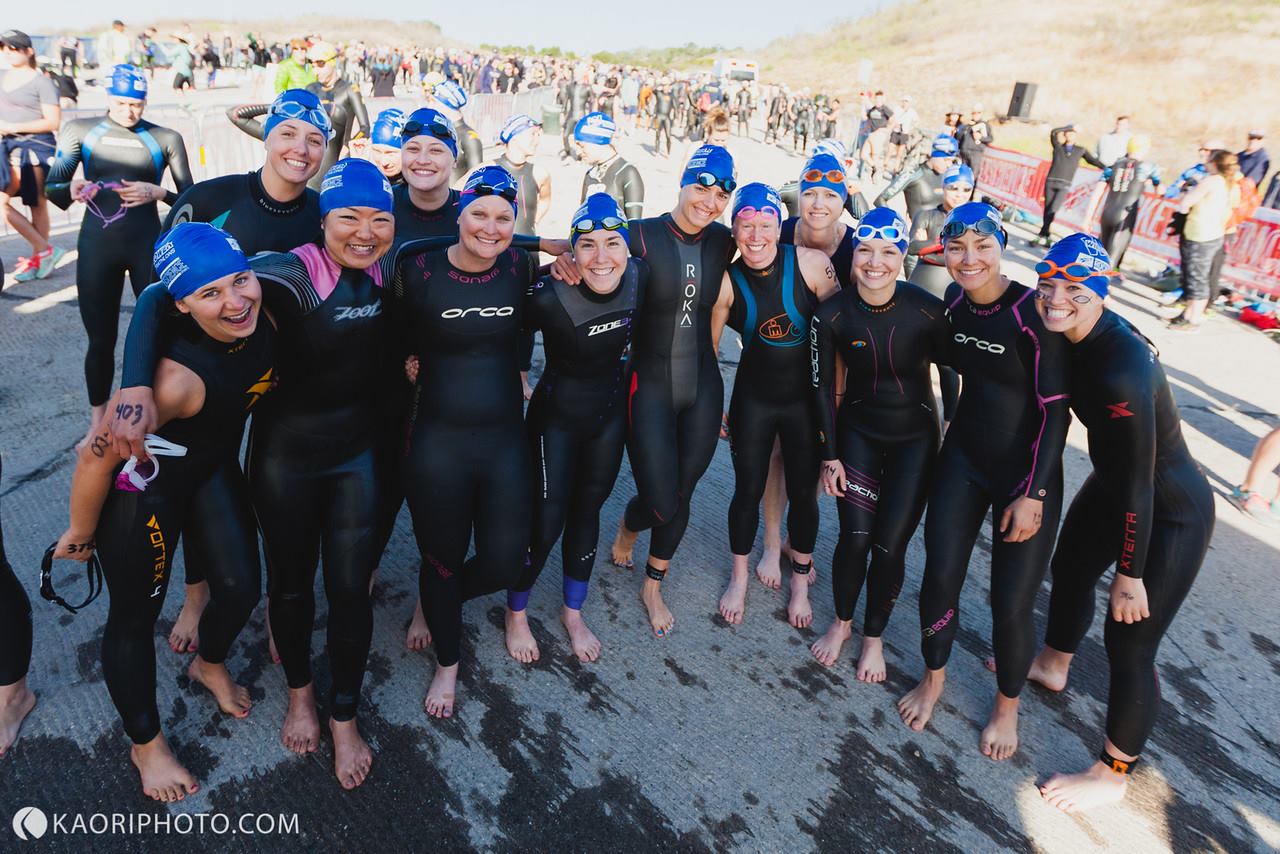
If We Were Riding’ is a weekly triathlon-ish newsletter written by Kelly O’Mara and produced by Live Feisty Media. Subscribe to get it in your inbox every Wednesday morning. You can also read past issues. This episode is from Feb. 13, 2019.
________
If we were riding, I’d want to talk about nothing except my constantly changing race plans. It’s been very up and down — WHAT WITH ALL THE CANCELLATIONS — but one thing is certain: I’ll be at Peru 70.3 in Lima in April. And I’ll be riding my new bike. More to come on the bike, because it’s *specifically* designed for people under 5’4″ (ie. small women — ie. me). But one thing to share about Peru right now: There are 25 extra spots for women for the 70.3 World Championships. In case you’re trying to decide your own race schedule, there are 20 races with these extra slots. So now we can all make race plans together.
And another one bites the dust
(Photo: Kaori Photo)
Well. There goes Wildflower. For now?
In last week’s podcast we talked extensively about how Wildflower has been a microcosm for the industry’s issues and the challenges race directors face. And then some news broke via email: Wildflower is cancelled this year due to “circumstances beyond their control.”
Wildflower is a legend, a historic race. It had never been cancelled until the drought took it out in 2017, when the whole lake and park shutdown. They’re saying they’ll try to be back next year. I hope so. They’re not saying much else about what’s happened.
Yes, it feels a bit prophetic. Yes, I have some theories, but they venture into the realm of speculation pretty quickly. Here goes: No, the cancellation is not because of the weather. The lake is fine enough. While the drought was blamed for the race’s problems the last three years, it wasn’t really so much the drought as the fact that the drought came on top of other issues. Decreasing registration numbers. The loss of Team in Training. Targeted competition from Alcatraz and then Ironman. Larger industry trends as people moved towards more streamlined and clean experiences. Cash flow problems for a small family company that relied on reg numbers and on its race management side of the business to keep things moving.
My guess is there were some internal disagreements with the new parent company, Motiv, and some challenges with early registration numbers and cash. I also get the sense there were some local issues, like permitting and a change of vendors operating the park at the lake. Apparently, a big music festival at the lake was also cancelled—though that was understandable because people died (?!).
So, yes, that makes two of my first three races cancelled. People keep joking: What am I doing wrong? What I’m doing is picking a variety of race sizes and companies in a marketplaces that is increasingly hostile to races of various sizes and styles. But, guys, I am 100% positive my third big spring race, Peru 70.3, is *not* going to be cancelled and it *is* going to be awesome. And, right now, I think that’s all we can do: Race the races doing the things we want to support, that sound fun and crazy, that take us new places. We have to be there for our sport and our sport will be there for us.
Like Sara and I keep saying: It’s going to get worse before it gets better, but it will get better.
Off brand?
A lot of people have asked about thoughts on Allie Kieffer, specifically on her Instagram scale ad. How does someone who’s made her brand all about a healthy body image turn around and hawk a scale?
Here’s the thing: I have no strong thoughts about it. Allie is a person, not a brand; and she’s clearly working through her own issues on things; and while scales have problematic connotations, I think she’s attempting to separate the idea of weight from those connotations in the first place.
Background: Allie Kieffer came “out of nowhere” to finish 5th at the 2017 New York Marathon. She then became an icon in the running community because she’s, well, “big” for an elite runner — which obviously feels weird to even say because she’s clearly super fucking fit and fairly thin, but runners be weird about weight. Which brings us to the thing.
Because her weight was the primary thing everyone talked about, it became *the* primary thing about her. Everything she pushed out — her brand — was about healthy body image and learning to love herself and how she got faster when she stopped trying to lose weight. Honestly, part of the reason I never got as interested in her as I would have been is because it all felt more like a brand than a person.
It also then seemed inevitable she’d eventually stray off brand? You always do if you’re sticking too hard to one message, because you’re a person with lots of different opinions and thoughts and your own issues. And that off-brand moment came when she posted an Instagram ad pushing a scale (in a healthy way, theoretically).
Of course her fans reacted badly. But of course she’s also working through her own stuff and trying to make a living and being honest about the realities of pro life.
And, anyway, she might have a point: A scale doesn’t have to mean losing weight; it can mean tracking water loss and muscle mass. In a world where we measure our heart rate variability and power numbers and do sweat tests and blood tests, we would ignore the numbers on a scale?
If you don’t see it…
There’s an argument too, though, about how what we see matters. That’s why Allie matters to a lot of people who don’t feel like they look like an elite runner. It’s why Sika and Max matter for black up-and-coming triathletes. “People can’t participate in something they don’t know exists…” And it’s why the new SRAM ads matter. I don’t pay a ton of attention to cycling component launches (shockingly), but it’s worth noting the new SRAM ads use some key images of different people in their huge splashy campaign. Those images are unique, not in terms of who actually rides bikes in the real world, but in terms of showcasing those people. But, holy hell, the number of cyclists on Twitter who claimed the ads were no big deal because they “don’t see race” was just amazing. I always wonder how someone manages to only see the parts of a person that aren’t black or white or Asian or Latino? Like is it a filter? A blank cartoon? Do you just see guts spilling out on the street without any skin?
________________
___________
Comments & thoughts
Some thoughts, emails, messages and notes from listeners and readers this week.
Meagan’s been thinking about what’s going to happen to all these kids of kickass women. The next generation is going to kill it. “I would think kids in high school right now are just primed to break all the records.”
Hillary suggested this op-ed on wanting more than sports for our black boys.
And for Katie, we’re doing everything we can to replace a calendar. “As always, thanks for being the mark that the work week is midway over!”


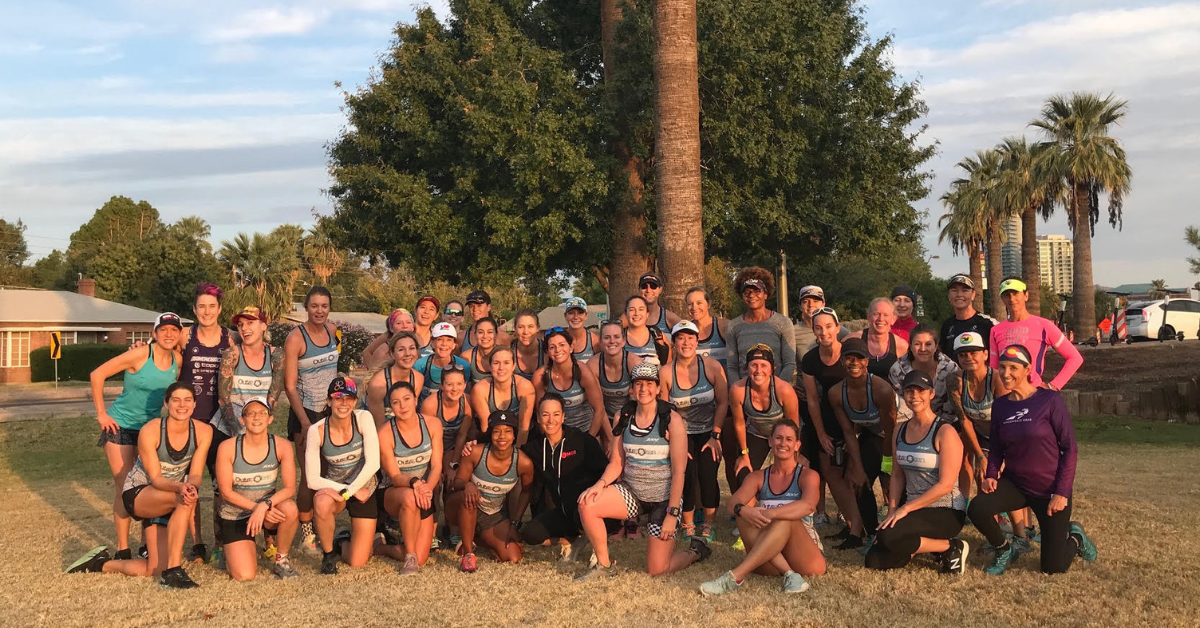 Outspoken Women in Triathlon Summit Returns Bigger than Ever
Outspoken Women in Triathlon Summit Returns Bigger than Ever  Driving the Lamborghini: Productivity and the Power of Paper
Driving the Lamborghini: Productivity and the Power of Paper 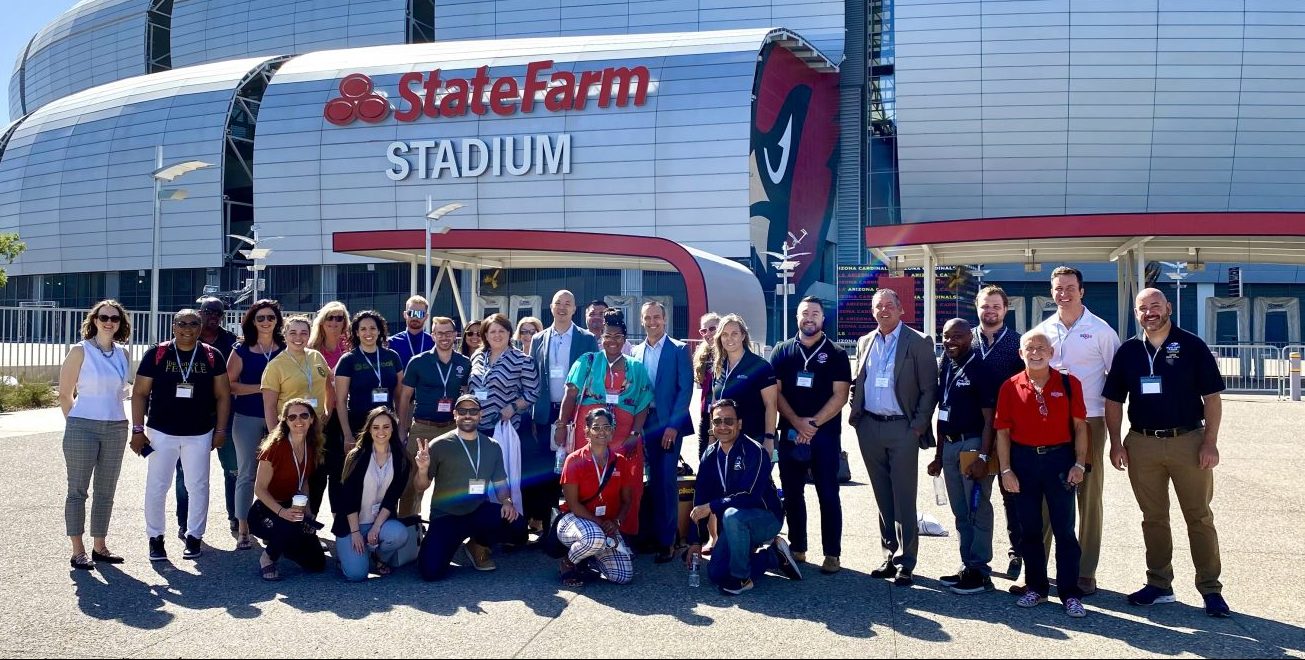 5 take aways from the Compete Sports Diversity Summit
5 take aways from the Compete Sports Diversity Summit 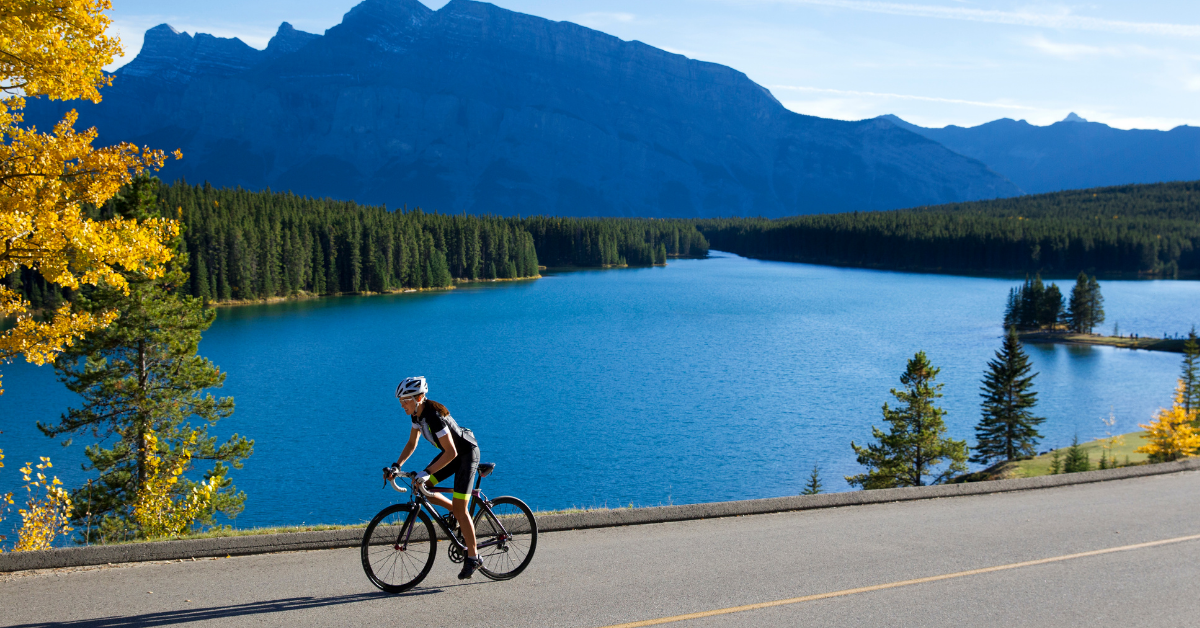 Simple Tips to Hone Your Bike Handling Skills
Simple Tips to Hone Your Bike Handling Skills 
